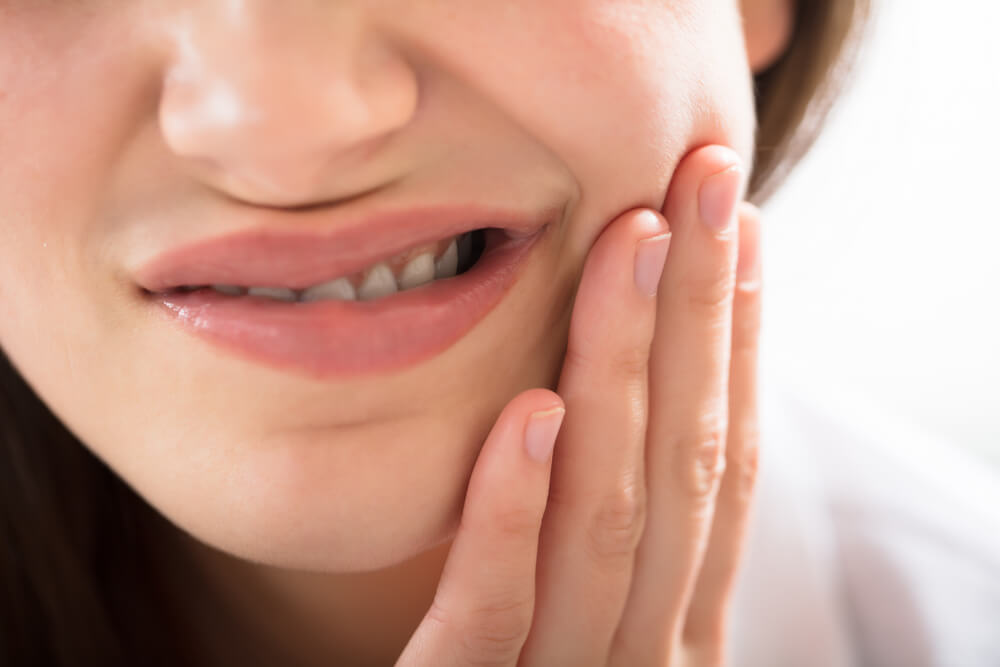Causes
Xerostomia is a condition where your salivary glands in your mouth does not produce enough saliva to keep your mouth wet. This is due to the effects of:
- Due to numerous medications, both over-the-counter drugs and prescribed drugs, dry mouth can ensue. It is mostly due to the drugs that are used to treat depression, high blood pressure, and anxiety, in addition to some antihistamines, decongestants, muscle relaxants, and pain medications.
- As a person grows old, some of their body’s functions slow down or deteriorate; as such, they might experience dry mouth. Why this happens may be due to lack of nutrition, and have long-term health problems.
- Cancer Therapy. Chemotherapy drugs being prescribed may result in dry mouth, although this is temporary because it’ll return after the treatment is complete. It can still change the nature and amount of saliva being produced. In contrast, radiation treatment to one’s head can cause dry mouth temporarily or permanently, depending on the dosage and the area being treated with radiation. Mainly, radiation treatments to your head and neck can cause damage to the salivary glands, causing a significant decrease in saliva production.
- Nerve Damage. When your nerves get damaged in your head or neckdue to an injury or surgery, this could lead to x
Other Health Conditions. When suffering from different health problems, side effects are bound to happen. For dry mouth, there are specific health problems and conditions that could lead to it, such as suffering from diabetes, stroke, yeast infection (thrush) in your mouth, or having Alzheimer’s disease. Also, having autoimmune diseases could contribute to this, such as Sjogren’s syndrome or HIV/AIDS. Snoring and breathing with your mouth open can also be the cause of having a dry mouth.
Tobacco and Alcohol Use. Drinking alcohol and smoking or chewing tobacco can increase the chance of having dry mouth symptoms.
Recreational Drug Use. The intake of “meth” or marijuana can cause dry mouth. Also, methamphetamine can not only cause the person severe dry mouth but also damage to their teeth, a condition that is known as “meth mouth”.
SYMPTOMS
When you’re not sure if you have dry mouth or not, below are symptoms and signs of having one, besides not producing enough saliva for your mouth.
- Dryness or a feeling of stickiness in your mouth
- Saliva that seems thick and stringy
- Bad breath
- Difficulty chewing, speaking and swallowing
- Dry or sore throat and hoarseness
- Dry or grooved tongue
- A changed sense of taste
- Problems wearing dentures
Also, lipstick may easily stick to the teeth when having a dry mouth.
If you are experiencing most of these signs and symptoms, it is best to see your doctor and get diagnosed.


